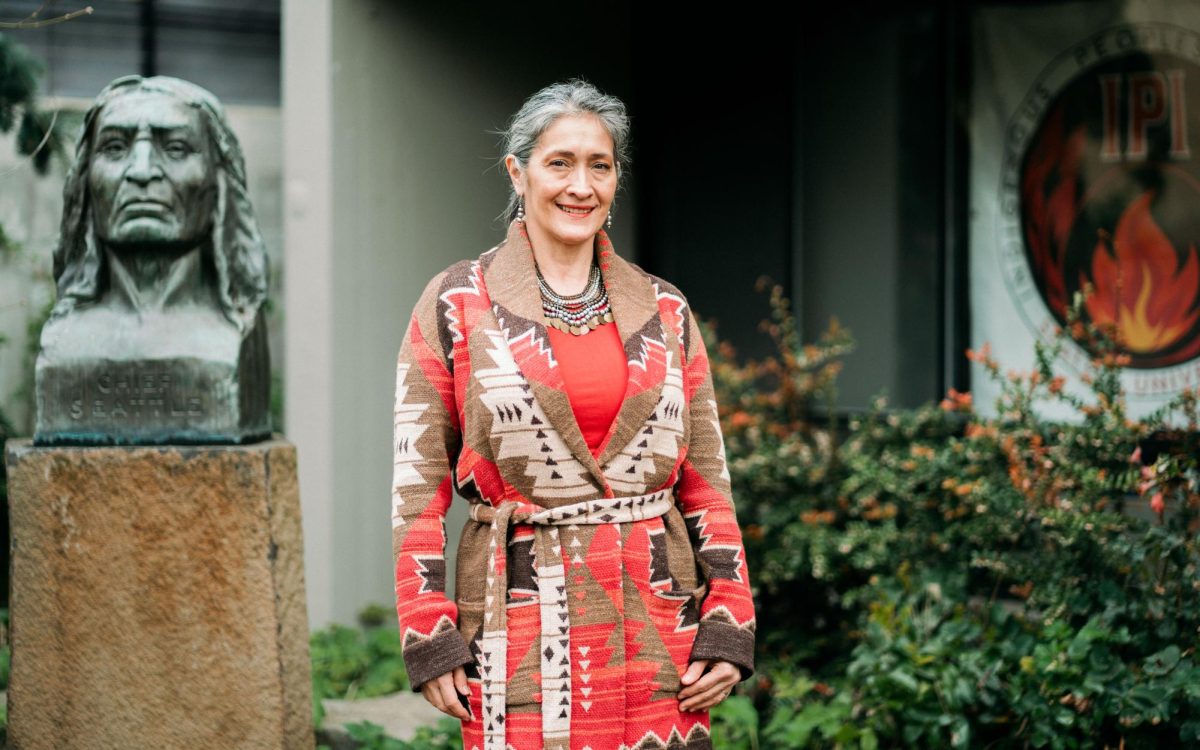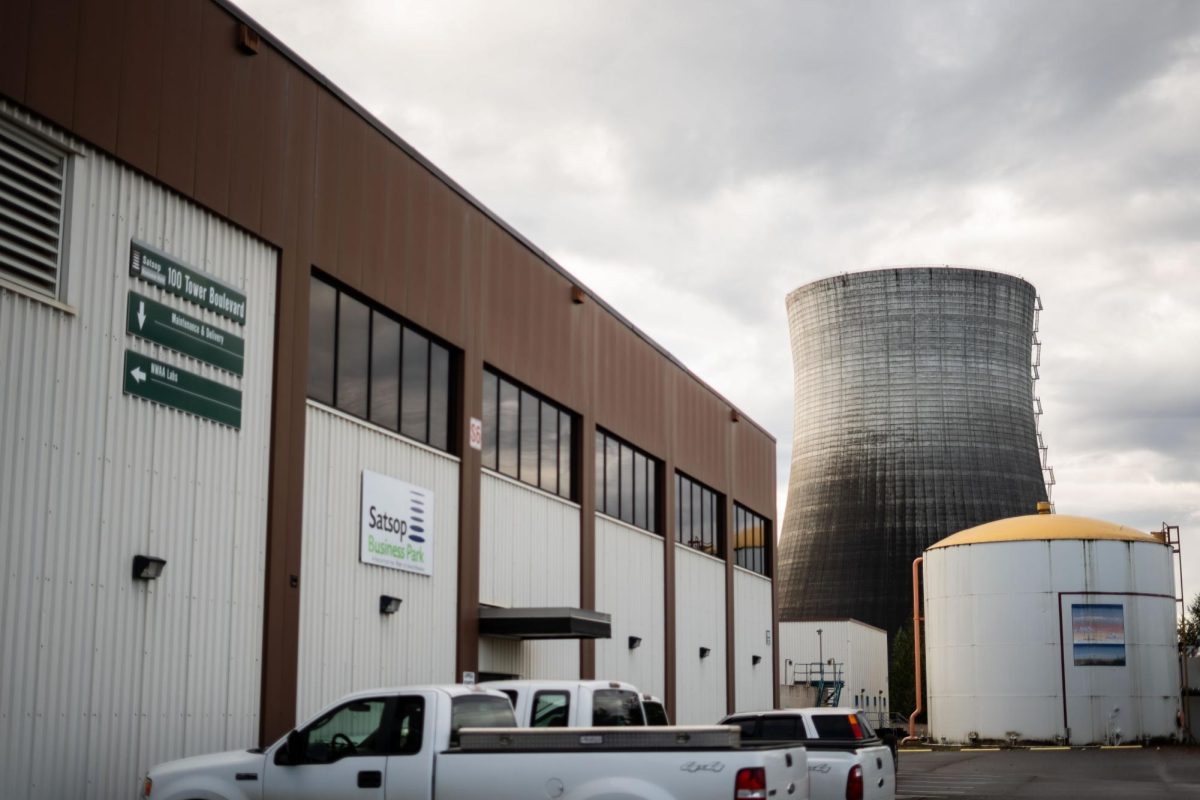The fight for environmental protection of land has gone cold for the Arctic National Wildlife Refuge. Republican lawmakers in Alaska are resisting President Obama’s push for preservation of most of the wilderness.
The refuge in question is only a small part of Alaska. But for oil companies and politicians that are itching to exploit the many resources it offers, the opportunities of the land are tremendous. Not only is the refuge brimming with unique animals, like polar bears and a myriad of marine life, it is also one of the largest untouched oil fields left in the world.
Obama is asking Congress for 12 million of the refuge’s 19 million acres to be granted the wilderness designation, the highest distinction of federal protection that can be granted to public lands.
If the proposal is approved, oil drilling, constructing roads or any related commercial development activity is strictly forbidden. With portions of land this large under the proposed protection, it has the potential in being one of the largest conservation acts in over 50 years.
The law does not appear to have high hopes in passing as it faces heavy Republican opposition. At the forefront of the resistance is Alaskan Senator Lisa Murkowski, who argues that the law hinders Alaskans from evolving a durable economy that could allow future inhabitants to prosper.
The debate is nothing new. Murkowski’s father, Frank Murkowski, was a former Alaskan senator and governor who also pushed relentlessly for access to the refuge for drilling. He encountered a similar lack of progress in his efforts as well.
Until Congress makes a final decision, the law will provide full wilderness protection for the area the president has designated.
There is much difficulty in trying to determine which move is more beneficial for society. The point of land preservation, however, goes way beyond putting the brakes on furthering commercial endeavors.
Doing so not only preserves a natural habitat for animal and plant species, but it also promotes a healthier environment and the protection of our air and water supply. These natural resources are limited and easily subjected to pollution as commercial development escalates.
Anti-conservation voices claim that the consequences of these preservations outweigh their benefits. Tax payments on the land being conserved are said to be much more costly than their consumer developments. Opponents also argue that their establishments will attract more revenue, whether that is through product output or tourism.
Although land conservation advocacy has not been as prevalent over the years, the call to recognize climate change as a serious issue has been dominating the media recently.
“I’ve read reports where economists project that as natural disasters increase as the result of climate change, governments are going to start paying more and more in terms of responding to the destruction caused,” said junior Becca Clark-Hargreaves, member of Sustainable Student Action. “I’m inclined to think of green energy as a better investment.”
Although sometimes seen as somewhat separate endeavors, there is significant movement on campus to bring the two concepts of environmental justice and sustainability together.
The Center for Environmental Justice and Sustainability is supportive of the various clubs on campus related to this movement. The center encourages partnerships with any of the departments or clubs on campus, as it has been interdisciplinary from the start.
“It’s sort of like that resource where all of this can come together,” said Jessy Hardy, intern at CEJS. “Prior to [the center’s] first formation in 2013, we didn’t really have a hub focused on this important topic.”
One of CEJS’s goals is to influence policy surrounding these issues.
“We had a couple who did research in Ecuador around a policy that is meant to provide economic incentives to farmers and subsistence folks,” said Mike Schut, program coordinator at CEJS. “[These people] are paid some money in order to protect the land around them rather than develop it or farm it or cut down the trees.”
Another one of the center’s roles in environmental policy is facilitating the conversation between different parties and researchers. Bringing awareness to these various issues and providing chances to express support or opposition is important in the broader scope of how issues effect the rest of the world.
At Seattle University, sustainability is one of the core values essential to its Jesuit identity. Committing to creating and protecting ‘communities which hold all creation as sacred’ is a vital part of our mission.
“I like the intersection of sustainability and environmental justice,” said Kaitlyn Hammond, another intern at CEJS. “There is so much opportunity to help form the path in order to facilitate positive change in the world.”










